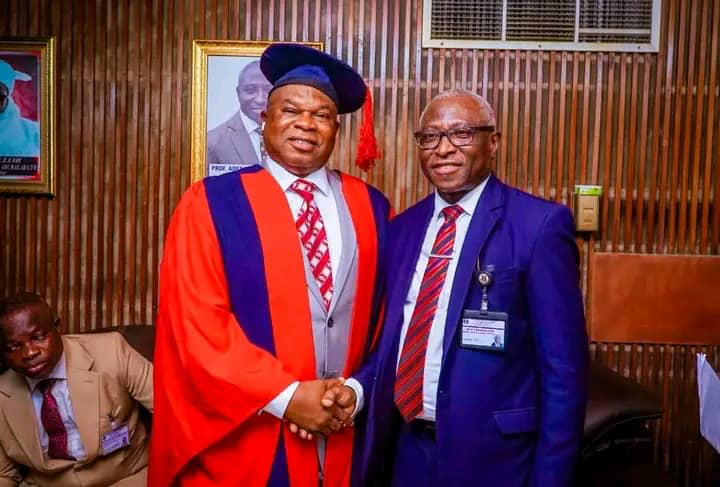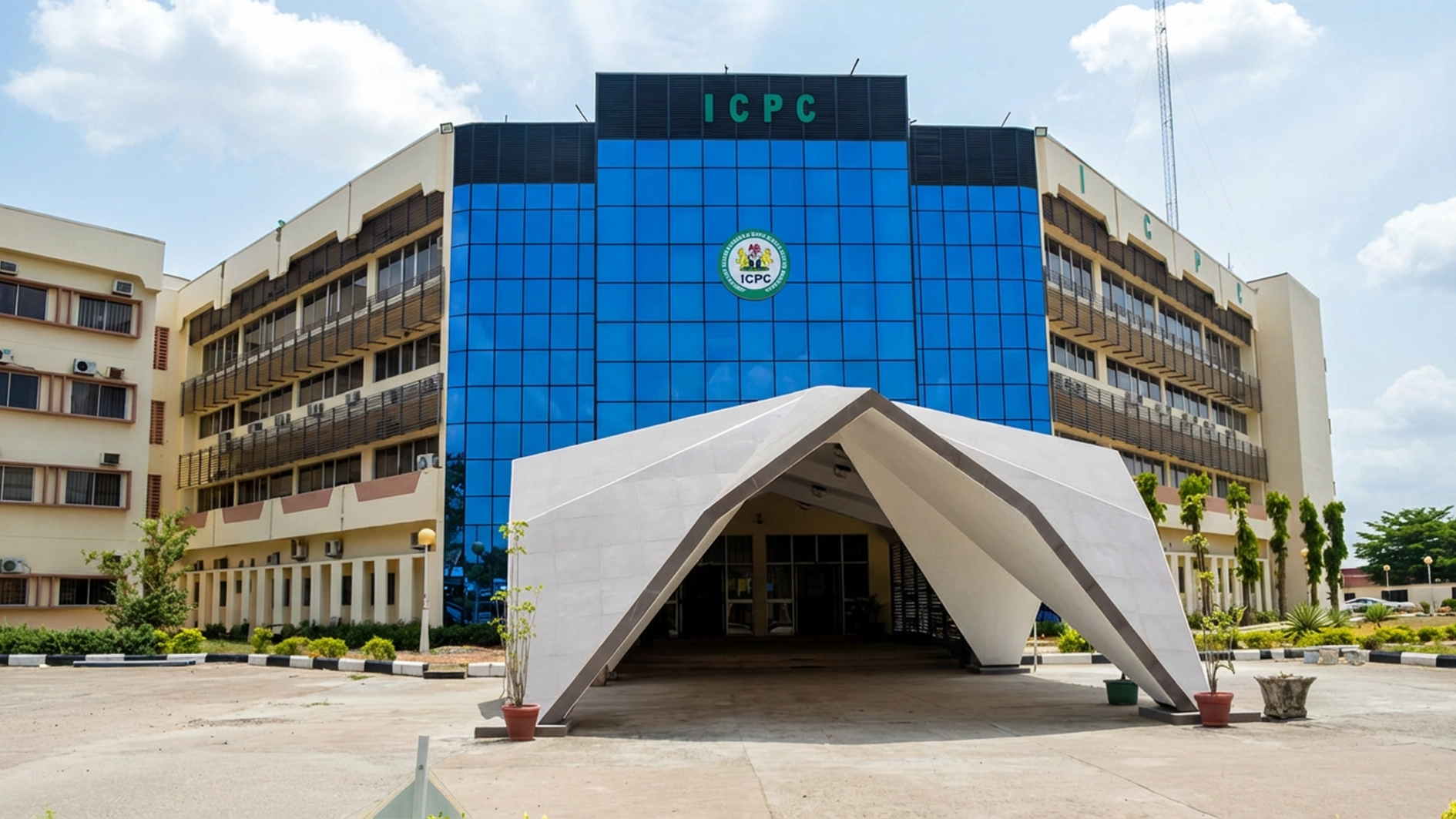A renewed campaign to boost women’s representation in Nigeria’s legislative houses gained momentum on Tuesday as key lawmakers and the United Nations threw their weight behind a constitutional amendment bill that proposes dedicated seats for women in the National Assembly and State Houses of Assembly.
At a media briefing in Abuja, Chairperson of the House Committee on Women Affairs and Social Development, Kafilat Ogbara (APC, Lagos), said the country’s democratic progress remains incomplete without the adequate inclusion of women in decision-making bodies.
“As we are all aware, women’s representation in governance and decision-making processes has been alarmingly low. Despite making up half of our population, women continue to be underrepresented in legislative bodies at both the national and state levels,” Ogbara said. “This bill aims to address this imbalance by ensuring that a certain percentage of seats in the legislature are reserved specifically for women.”
Organised in collaboration with the United Nations Development Programme (UNDP) and Bridge Her Gap Initiative, the briefing marked a renewed wave of advocacy for the Reserved Seats Bill, which passed its second reading on July 9, 2024.
The proposed legislation, officially titled Constitution Alteration Bill HB 1349, seeks to create one additional seat for women in each state and the Federal Capital Territory (FCT) in both the Senate and House of Representatives—totaling 74 exclusive seats at the federal level—and three reserved seats for women in each of the 36 State Houses of Assembly, adding another 108 positions at the subnational level.
Ogbara, who also chairs the Reserved Seats Bill Committee, said increasing women’s representation was not about meeting quotas but about ensuring women’s voices shape policies that affect their lives.
“By increasing women’s representation, we can ensure that their perspectives, needs, and rights are adequately addressed in policy formulation and implementation,” she said.
Ogbara also revealed that she has sponsored a separate bill mandating a minimum of 15 per cent female representation in Nigeria’s security agencies, including the Police, Army, Air Force, and Civil Defence Corps.
Currently, Nigeria ranks 178 out of 182 countries on the Inter-Parliamentary Union (IPU)’s global index for women in national parliaments, with only 20 female federal lawmakers—four senators and 16 House members—out of a total of 469. At the state level, women occupy just 55 out of 990 legislative seats.
Chairperson of the Senate Committee on Women Affairs, Ireti Kingibe (LP, FCT), urged women across Nigeria to galvanise support for the bill, noting its implications go beyond gender.
“This isn’t just about women, it is about the whole country. It is shown everywhere that where there is more female representation, the countries are better developed economically,” she said. “And we know that as the giant of Africa, we need to get ahead of everybody.”
Kingibe also appealed to state governors to back the bill, warning that Nigeria’s underrepresentation of women in international parliamentary delegations undermines its credibility abroad.
Speaking at the same event, UNDP Nigeria Resident Representative Elsie Attafuah linked the recent victory of the Super Falcons at the WAFCON to the broader case for women’s inclusion in public life.
“The triumph of the national women’s football team was not only a celebration of sporting excellence but a symbolic reminder of women’s capacity for leadership, resilience, and national impact, whether on the field, in the community, or in public office,” Attafuah said.
She described the bill as a “transformative response” to systemic exclusion, asserting that reserved seats are a proven method for rapidly increasing women’s political participation. Attafuah cited countries such as Rwanda and Nepal, where the introduction of gender quotas has helped build more inclusive governance.
“Women already lead at the grassroots in education, healthcare, peacebuilding, and economic resilience. What they now need are deliberate, structural pathways into formal political leadership,” she said.
Attafuah said the UNDP is supporting the initiative through its Parliamentary Development Programme, a four-year plan designed to strengthen the institutional capacity of the National Assembly and promote gender equality in governance.
The current version of the bill includes a 16-year sunset clause and a review process every four election cycles, a move aimed at allaying concerns about the long-term impact on the legislature’s size. The proposed framework tasks the Independent National Electoral Commission (INEC) with implementing the policy and monitoring its impact.
This is not the first time Nigeria has considered gender-based legislative quotas. A similar bill introduced in the 9th Assembly in 2022 failed to pass after it fell short of the two-thirds majority required. That version had proposed 111 special seats.
House Speaker Abbas Tajudeen has inaugurated a Joint Working and Strategy Advocacy Committee to drum up grassroots and elite support for the new bill. The committee is expected to engage governors, political party leaders, traditional rulers, and other stakeholders to ensure the bill’s passage during constitutional amendment deliberations.






